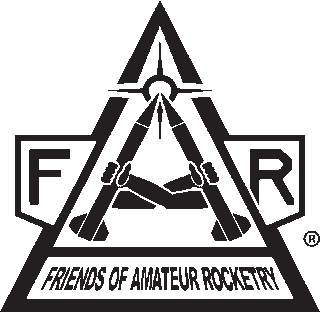The Mojave Desert is an environment of extremes. It can have temperature extremes from below freezing to 120°F in the same day. It can have no wind or 60-MPH winds. It can be crystal clear to socked in with clouds. It does have rain occasionally and when it does it can pour.
When driving to FAR site, care should be taken while off the paved road. During dry periods, drivers should slow down near the ranches at the end of Munsey Road to reduce dust and to allow the driver to miss ruts and chuck holes. During wet periods, care should also be taken to avoid large water puddles to prevent the vehicle from getting stuck in the mud.
When you visit FAR site, it is recommended that you dress appropriately. Daytime can be extremely hot and nights very cold. Dress in layers which can be removed and put back on as the day progresses. It is strongly suggested that visitors wear: a brimmed or billed hat, sunglasses, sunscreen on exposed skin, and thick soled shoes with no open toes (the dirt does gets both hot and cold). It is also recommended that each person should bring and drink plenty of water. Nights can become very cold, so bring the appropriate sleeping bag for the season when camping.
FAR site is located in the Fremont Valley between the Rand and El Paso mountains. These mountains shield us form the city lights from California City, Randsberg, and Ridgecrest giving us crystal clear and dark night skies, which are good for stargazing. These mountains also shield us from the some of the winds. Mojave and Ridgecrest may have 45-MPH winds and FAR site is calm. The mountains also shield us from the marine layer near the coast and clouds coming in from the East. All-in-all we can say that we have our own weather. Please check our weather before you come out to FAR site by going to the FAR Site Weather link.
We do have some of the more famous Mojave extremes of desert life which include: ants, bugs, snakes, rodents, spiders, scorpions, desert tortoise, and more. It is recommended that a FAR visitor not disturb any of the desert wildlife and look first before putting hands or feet in holes. It is also not recommended sleeping directly on the ground. Campers should sleep on a cot or inside a tent. When eating food it is important that all unwanted or waste food be properly put in the trash and removed from the site. Food left on the ground attracts unwanted critters. During the summer it may be necessary to have a tent or fly netting for sleeping, and bug repellant to fend off flying bugs.
We are also located in a corner with BLM land on two sides. This BLM land is considered a type 1 critical habitat for the desert tortoise. It is illegal to disturb a desert tortoise. To help preserve our site and the surrounding natural habitats, site users are encouraged to control their paper and wrappers, pick up all of thier trash as the day progresses, and take their trash home with them.
With the information presented above and some amount of planning, the FAR site user can have a comfortable experience.
Desert Rules:
- Check the weather forecast before going to FAR site. The local town is Cantil, CA.
- Drive slowly on the dirt portion of the East-end of Munsey Rd. to prevent dust.
- Park on the East side of the viewing bunkers and North of the cargo containers.
- Wear clothes appropriate for the weather. It is cold in winter and hot in the summer.
- Wear layers of clothing that allow you to remove or add layers for changing temperatures throughout the day.
- Use plenty of sunscreen on exposed skin.
- Re-apply sunscreen throughout the day.
- Wear a hat.
- Wear sunglasses.
- Wear thick-soled shoes with toes. The ground temperature exceeds air temperature and does soak through the shoes.
- Bring plenty of drinking water.
- Drink plenty of water throughout the day.
- Bring something to eat throughout the day.
- Do not dump food, food wrappers, or peelings on the ground.
- Avoid putting your hands or feet into holes without checking them first for spiders, scorpions, or snakes.
- Do not touch or pick up the desert tortoise.
- Do not bring motorcycles, fireworks, guns, or explosives.
- If you bring a dog, pick up it's poop.
- Do not let bags, papers, and wrappers blow around.
- Do not dump chemicals on the ground.
- Pick up your trash.
- Please take your trash home with you.
